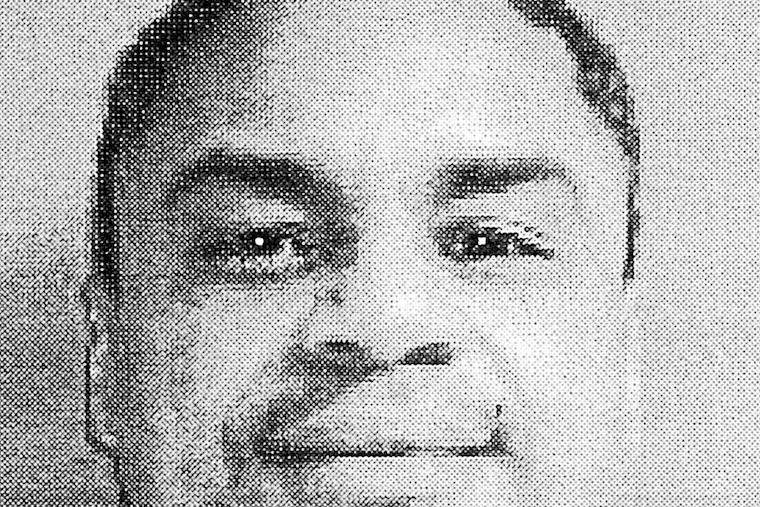Pa. high court orders new death penalty hearing in '84 murder of Germantown deacon
An evenly split Supreme Court agreed that prosecutors withheld evidence that the victim was a sexual predator who preyed on Terrance Williams.

In a case that reignited scrutiny of Pennsylvania's death penalty and the workings of the state's highest court, an evenly divided Pennsylvania Supreme Court has ordered a new death penalty hearing for Terrance Williams, convicted and condemned in the 1984 slaying of Germantown church deacon Amos Norwood.
Just four of the seven justices participated in Tuesday's decision and, under court rules, the stalemate automatically affirmed a Philadelphia judge's 2012 ruling that Williams deserved a new jury to decide whether he should be sentenced to death or to life in prison without parole.
Two justices – Christine Donohue and David N. Wecht – favored a new sentencing hearing, and two – Sallie Updyke Mundy and former Philadelphia Common Pleas Court Judge Kevin M. Dougherty – supported reinstating Williams' death sentence.
The three remaining justices — Thomas G. Saylor, Max Baer, and Debra McCloskey Todd – recused themselves because they were part of the unanimous 2014 Supreme Court decision that reinstated Williams's death sentence.
That decision was reversed in 2016 by the U.S. Supreme Court in a 5-3 decision that held that Ronald D. Castille, then chief justice of Pennsylvania's high court, should never have participated in the case because he oversaw the prosecution in Williams' 1986 trial when he was Philadelphia's district attorney.
Former District Attorney Seth Williams, who pleaded guilty in June to a federal bribery count and is in prison awaiting sentencing, strongly supported Terrance Williams' death sentence, and the prosecutor's office had tried to persuade the Pennsylvania justices to reaffirm their 2014 decision.
The case now returns to Common Pleas Court Judge M. Teresa Sarmina, who almost five years ago spared Williams from imminent execution when she ruled that the city prosecutor withheld information — Norwood allegedly sexually abused the teen — that might have persuaded the jury to spare Williams' life.
Cameron Kline, spokesman for District Attorney Kelley B. Hodge, on Tuesday referred to the "unique procedural posture of the case," with just two of seven justices backing a new death-penalty hearing.
"We are reviewing the case and will determine how to proceed," Kline said.
Meanwhile, Shawn Nolan, Williams' lawyer and the head of the death penalty unit at the federal defender's office in Philadelphia, said in a statement: "We are thankful that the ruling of the Pennsylvania Supreme Court upholds Judge Sarmina's well-reasoned decision that vacated Mr. Williams' death sentence."
Nolan said he hopes the District Attorney's Office will finally drop its pursuit of the death penalty and "agree that they should never have sought death against a teenager who killed his sexual abuser."
Williams came within a month of a second scheduled execution on March 4, 2015, but Gov. Wolf imposed a moratorium on executions until after he receives the report of a legislative task force studying the future of capital punishment. Pennsylvania's death penalty has been used just three times since it was reinstated in 1978.
Williams, now 51, was an 18-year-old Cheyney University football standout when he was arrested in 1984 and charged with murdering Norwood. At the time, city prosecutors alleged that Williams bludgeoned the 56-year-old man to death in a West Oak Lane cemetery, then set his corpse on fire during a robbery.
At trial, Williams testified that he was innocent and had never met Norwood. Later, as his case moved into a secondary appeal under the state Post Conviction Relief Act, Williams admitted the killing but said it was motivated by five years of sexual abuse by Norwood.
Williams' appeal was supported a group of lawyers and former judges, child advocates, and religious figures — including Norwood's widow – who urged that his life be spared for a crime committed three months after he turned 18, then the minimum age for someone to be sentenced to death in the United States.
Williams' petition also included five members of the Philadelphia jury that condemned him to death, saying they would have opted for life in prison had they heard the mitigating evidence about his childhood of sexual abuse by a neighbor, a teacher, and Norwood himself.